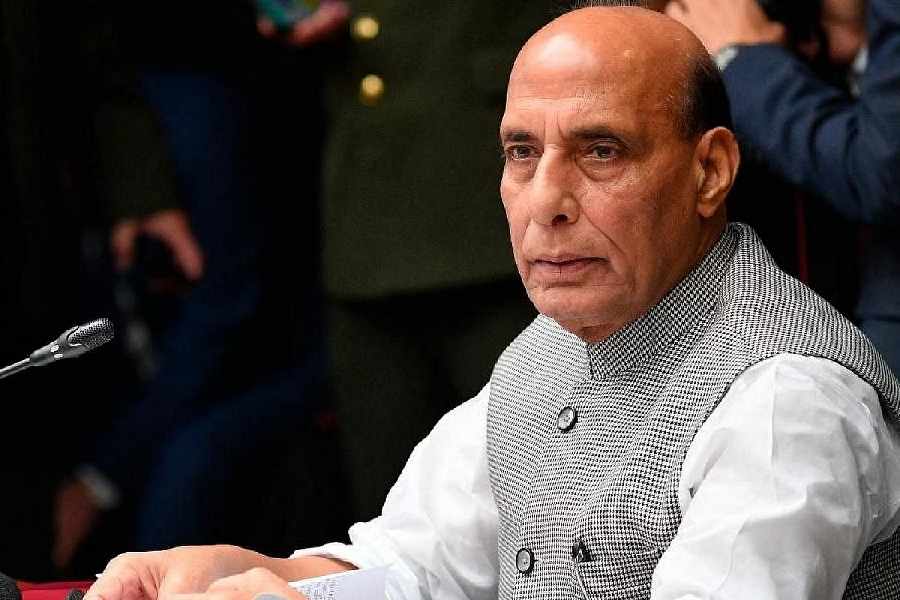The defence ministry has approved a fresh list of 928 components and subsystems which will only be procured from the domestic industry after a ban on their import kicks in under a staggered time-line of around five-and-half years.
The ministry on Sunday said the aim of the move is in sync with the government's overall aim to promote 'Atmanirbharta' (self-reliance) in defence production.
It is the fourth such "positive indigenisation list (PIL)" comprising line replacement units, sub-systems and components used for various military platforms, equipment and weapons.
"To promote 'Aatmanirbharta' in defence and minimise imports by defence public sector undertakings, the Ministry of Defence has approved fourth Positive Indigenisation List (PIL) of 928 strategically-important line replacement units/sub-systems/spares and components, including high-end materials and spares, with import substitution value worth Rs 715 crore," the ministry said in a statement.
The aim of the indigenisation list is also to minimise imports by the defence public sector undertakings (DPSUs).
The defence ministry has set specific timelines for import ban of the items, spanning the period from December 2023 to December 2028.
This list is in continuation to the three similar PILs that were brought out in December 2021, March 2022 and August 2022 "These lists contain 2,500 items which are already indigenised and 1,238 (351+107+780) items which will be indigenised within the given timelines," the ministry said. Of the 1,238, 310 items have been indigenised so far, it said.
The items which were already indigenised comprised 262 from the first PIL, 11 from the second list and 37 from the third PIL, according to the ministry.
"The DPSUs will undertake indigenisation of these items through different routes under 'Make' category and in-house development through the capabilities of MSMEs and private Indian industry, thereby providing impetus to the growth in economy, enhanced investment in defence and reduction in import dependence of DPSUs," the ministry said.
"In addition, this will augment the design capabilities of the domestic defence industry by involving academia and research institutions," it said.
In a tweet, Defence Minister Rajnath Singh said the Narendra Modi government is committed towards indigenisation and ensuring self reliance in the defence sector. "Keeping this in mind, the 4th Positive Indigenisation List (PIL) of 928 strategically-important Line Replacement Units (LRUs)/Sub-systems/Spares and Components has been approved," he said.
"The list includes high-end materials and spares, with import substitution value worth Rs 715 crore," Singh added.
The ministry said DPSUs will soon initiate procurement action for these notified items.
In the last few years, the government has taken a series of measures to promote domestic defence production. India is one of the largest importers of arms globally.
According to estimates, the Indian armed forces are projected to spend around USD 130 billion in capital procurement over the next five years.
The government now wants to reduce dependence on imported military platforms and has decided to support domestic defence manufacturing.
The defence ministry has set a goal of a turnover of USD 25 billion (Rs 1.75 lakh crore) in defence manufacturing in the next five years which includes an export target of USD 5 billion worth of military hardware.
Except for the headline, this story has not been edited by The Telegraph Online staff and has been published from a syndicated feed.











